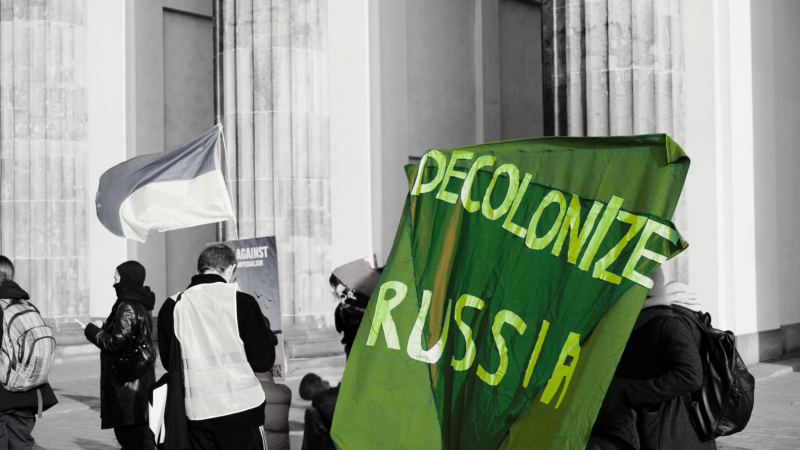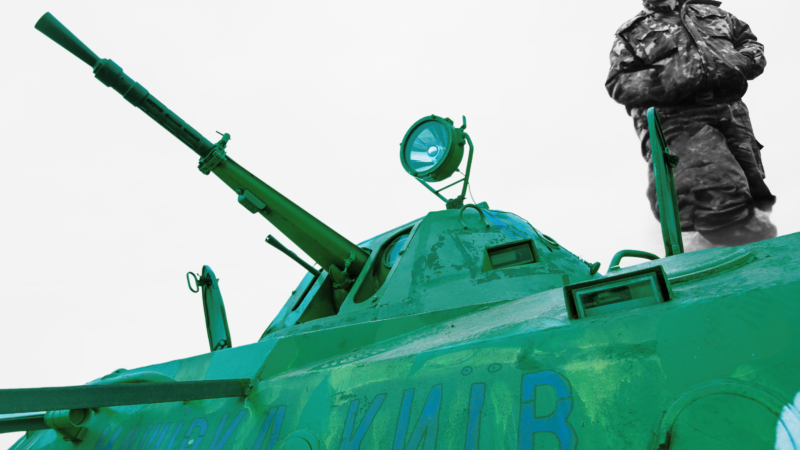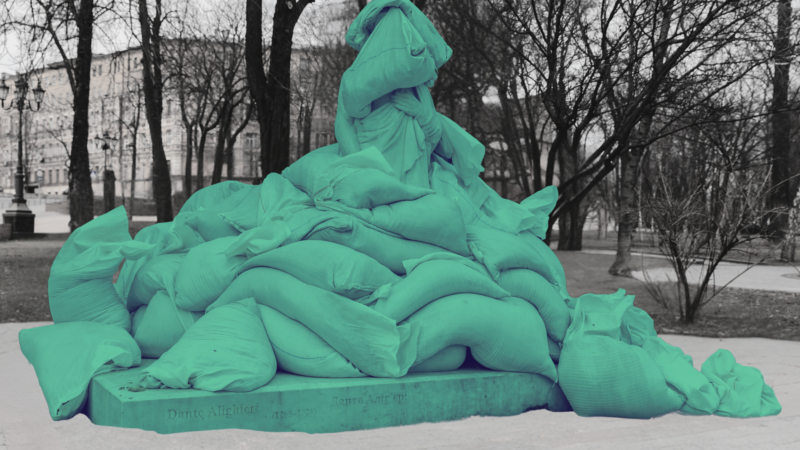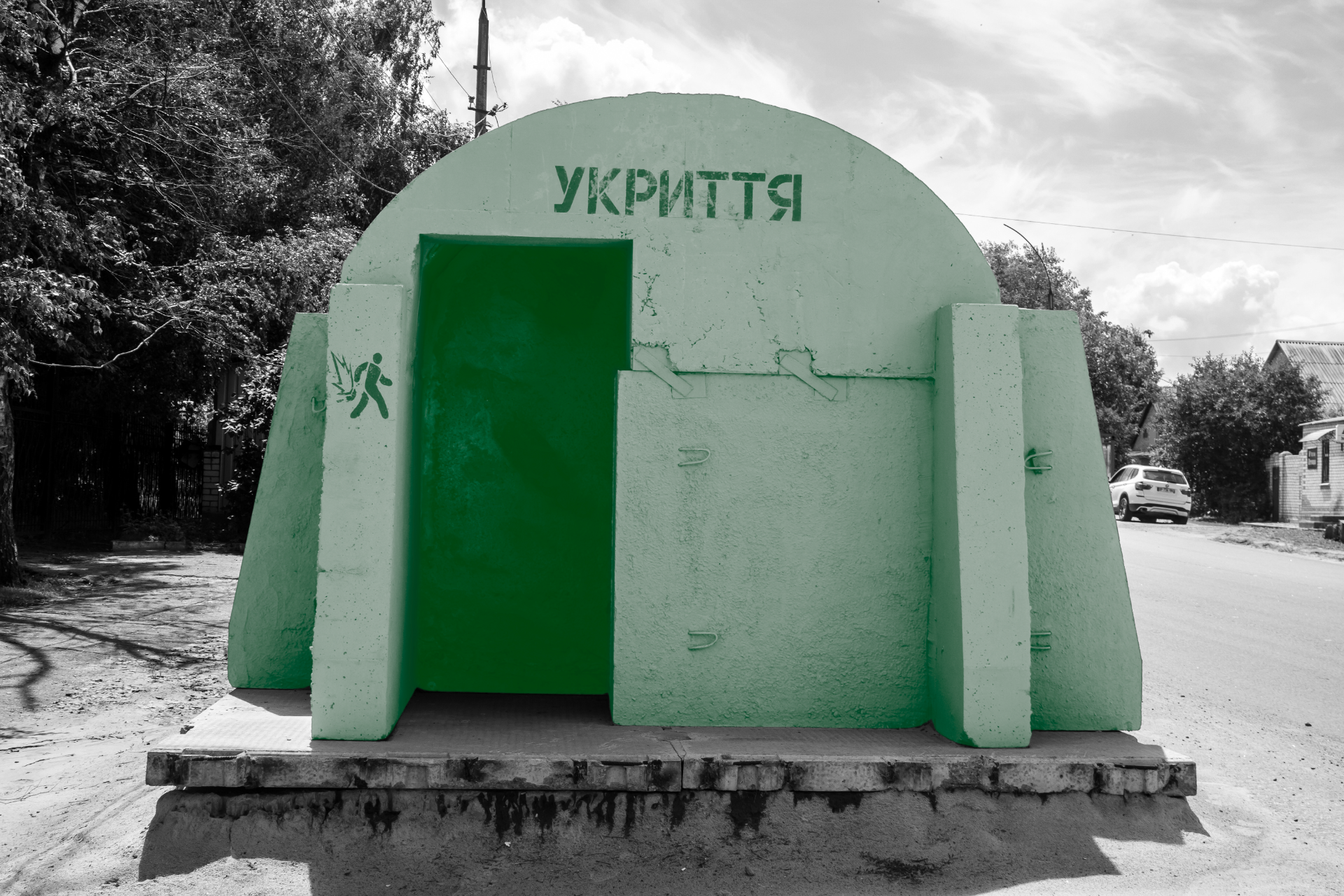Latin America and the Russo-Ukrainian War: A complex and diverse response
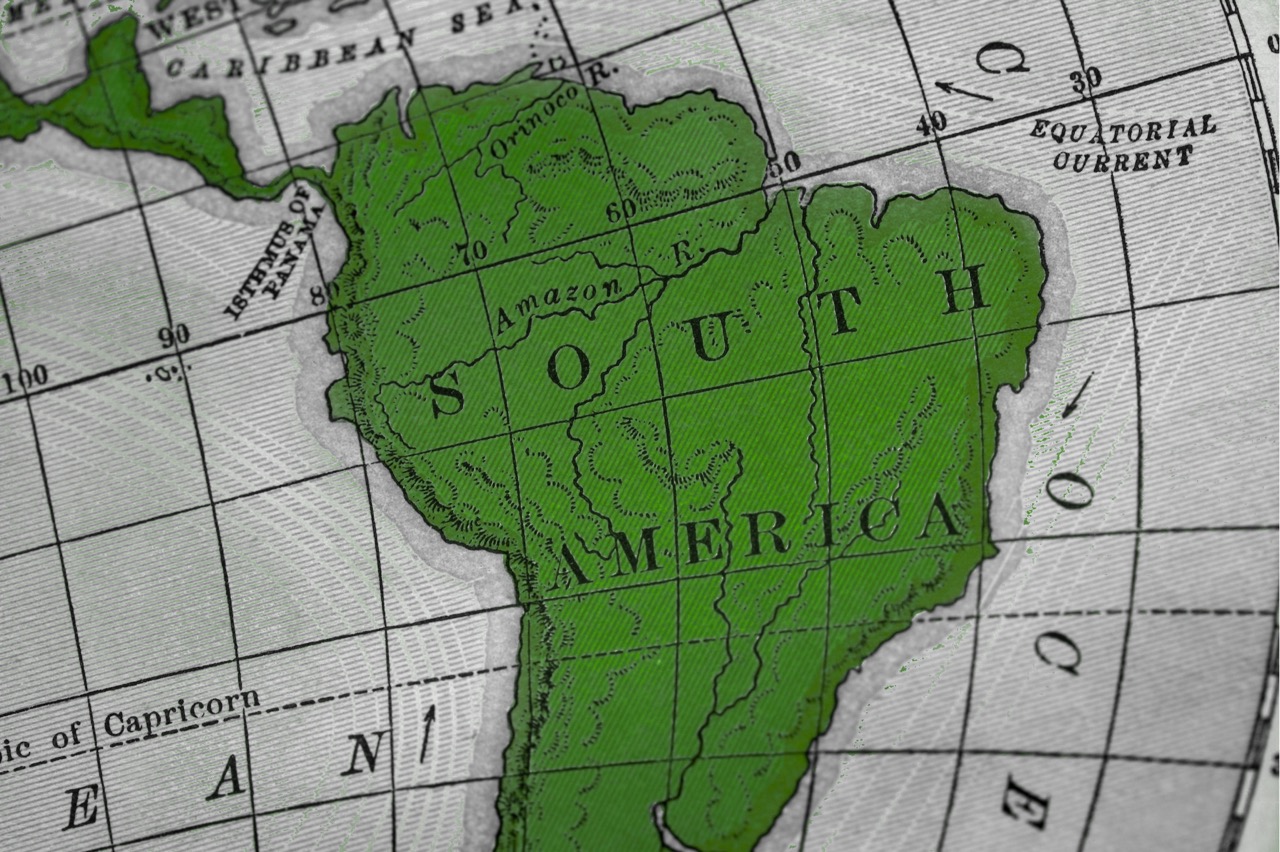
“People in Latin America know nothing about Ukraine. And people in Ukraine know nothing about Latin America,” Oleksandra Matviichuk, the human rights lawyer and head of the 2022 Nobel Peace Prize laureate Center of Civil Liberties, told me in a café in Kyiv in the summer of 2024. “This is because Latin America, for decades, even for centuries, looked at our part of the world through the Russian prism,” she explained.
Matviichuk’s assessment is not inaccurate, though the reality is more complex. Russia’s invasion of Ukraine in February 2022 prompted a wide array of responses from countries around the world, shaped by geopolitical, economic, and historical considerations. Regardless of the distance, these reactions have been particularly diverse in Latin America, reflecting the important differences in this region.
Old, new, and autocratic ties with Russia
The legacy of the Cold War is one such factor that significantly shapes public opinion in the region. Countries like Venezuela, Cuba, and Nicaragua, with historical ties to the Soviet Union, feel a natural affinity for Russia, rooted in shared experiences of resisting US influence, a sentiment often reflected in their rhetoric. Just days after Russia’s “special operation” began, Venezuelan President Nicolás Maduro voiced his “strong support” for President Vladimir Putin. More recently, he claimed that it is “only a matter of time” before “Ukraine surrenders” to Russia in a conflict “started by Kiev with backing from the United States, but one that has ultimately failed.”
The historical context has influenced public, governmental, and economic views on the conflict, leading to a more supportive stance toward Russia in the region. As one of the world’s top five oil producers, Russia has expanded its trade ties with Latin America since the EU embargo on Russian oil products took effect in February 2023. That same year, Brazil increased its Russian diesel imports by 46 times, while fuel oil imports nearly quadrupled, according to The Financial Times. This resulted in an $8.6 billion boost to Russia, which also came from increased exports to Venezuela and Cuba.
Dependence on energy resources can significantly influence political support. In recent years, Russian companies—such as Rosneft, Lukoil, Gazprom, Novatek, and Rosat—have expanded their regional operations with Moscow’s backing.
In September 2024, Bolivia signed a $976 million deal with Russia’s Uranium One Group, a subsidiary of the state-run nuclear corporation Rosatom, to build a lithium carbonate production facility in one of the world’s largest lithium reserves. Earlier in June, the Bolivian government secured Russian support for purchasing liquid hydrocarbons to ensure domestic supply. Additionally, the University of St. Petersburg is sending professors to Bolivia to teach Russian, allowing Bolivians to pursue university degrees in Russia.
The arms trade is another area of significant economic cooperation with Russia’s longtime autocratic partners in Latin America. According to the Stockholm International Peace Research Institute’s Arms Transfer Database, Russia has dominated the supply of arms to its allies in the region. In 2020–22, Venezuela imported over 85% of its military equipment from Moscow, including fighter jets, tanks, and air defense systems. Moreover, Americas Quarterly reported that Russia sold entirely new arsenals to Nicaragua and Cuba in the same period.
Although Russia officially has no military bases in Latin America after the closure in 2002 of the Lourdes SIGINT station in Cuba—a critical Soviet intelligence hub since the 1962 missile crisis—Venezuela has increasingly filled that strategic role through its military cooperation with Moscow. This partnership has further strengthened political and economic ties in the region, contributing to Venezuela’s vocal support for Russia in its war in Ukraine. It is worth noting that in 2022, Manuel Cristopher Figuera, former director of the Bolivarian National Intelligence Service (Sebin), claimed that Russia already operates two military bases in Venezuela, though this remains unconfirmed.
Brazil’s membership in the BRICS group of nations (Brazil, Russia, India, China, and South Africa) adds another layer of complexity to its response to the Russo-Ukrainian war. As the Latin American member of the bloc, Brazil has sought to balance its relationships with Western countries and Russia, reflecting its broader foreign policy approach. “No one can doubt that Brazilians condemn Russia’s territorial violation of Ukraine. The mistake happened, and the war started,” Brazilian President Luiz Inácio Lula da Silva said during an official visit to Spain in 2023. “There is no use now in saying who is right or wrong. What we have to do now is stop the war,” he added, a statement that drew significant criticism.
Lula da Silva proposed the creation of a “G20 for peace” at the upcoming summit in Brazil later this year—a coalition of primarily neutral, emerging nations aimed at negotiating an end to the conflict in Ukraine. However, the initiative has not gained traction. Recently, Ukrainian President Volodymyr Zelensky criticized Brazil for its perceived “pro-Russia stance” and condemned the joint peace proposal by Brazil and China, calling it “destructive” and “just a political statement.” Zelensky argued that while Brazil and China consulted with Moscow, they failed to involve Kyiv.
Latin American–Western alignment in solidarity with Ukraine
“Whose side would Simon Bolivar be on in Russia’s war against Ukraine? Who would Jose de San Martin support? Who would Miguel Hidalgo sympathize with?” Volodymyr Zelensky questioned in an interview with CNN en Español in the first year of the war, referring to the independence heroes. “I think they would not help someone who is just plundering a smaller country like a typical colonizer,” the Ukrainian leader added.
None of the countries in Latin America has imposed sanctions on Russia since the start of its full-scale invasion of Ukraine, and the region has opted for a diplomatic approach based on non-interventionism. Meanwhile, in countries such as Argentina, Colombia, Mexico, and Chile, Ukrainian flags were seen waving in the streets in solidarity.
Argentina has condemned the invasion of Ukraine at the UN since the beginning but maintained a low profile regarding sanctions against Russia. However, it recently aligned more fully with the West, offering unconditional support for Ukraine following Zelensky’s participation in Javier Milei’s inauguration ceremony in December 2023. Argentina has since joined the Ukraine Defense Contact Group (UDCG), an alliance that coordinates military and humanitarian aid to Ukraine. It is the first and only Latin American nation to join this group, also known as the Ramstein group. Buenos Aires is also formally supporting the international efforts for the return of Ukrainian children abducted by Russia.
In Chile, President Gabriel Boric has been a vocal critic of Russia’s invasion of Ukraine. In February 2022, he tweeted, “Russia has chosen war as a means of resolving conflicts,” making clear his firm opposition to the aggression. Boric also participated in the Summit on Peace in Ukraine in Switzerland, where he emphasized that the event was “not about NATO, not about right or left political ideas, not about northern or southern countries, [but] about respect for international law and human rights, foundational principles of living together.”
Chile has contributed US$450,000 in humanitarian aid to Ukraine, distributed through UNICEF, UNHCR, and the Red Cross (IFRC). This governmental support reflects broader public sentiment, with 64% of Chileans expressing a favourable view of Ukrainian President Volodymyr Zelensky, according to a CADEM survey. In fact, he is ranked third among global leaders, after El Salvador’s President Nayib Bukele (78%) and Canada’s Prime Minister Justin Trudeau (66%). This strong public and governmental backing highlights Chile’s solidarity with Ukraine in the ongoing conflict.
Colombia’s initial reaction to the invasion was strongly condemning, with then-President Iván Duque stating that “these acts threaten the sovereignty of Ukraine and put the lives of thousands of people at risk, in an unquestionable situation contrary to international law and the United Nations Charter.”
However, under the current leadership of leftist President Gustavo Petro, Colombia’s stance has become more neutral. “We will not hand over weapons to be sent to Ukraine to prolong the war,” Petro declared, adding, “We are not taking sides; we stand for peace.” Instead, Colombia has focused on de-mining training for the Ukrainian armed forces. Moreover, several hundred Colombian volunteers have become part of the international legion part of the Kyiv Armed Forces, The New York Times reported. These are often veterans, therefore already equipped with combat experience, “who are in Ukraine for money.”
Mexico’s response to Russia’s invasion of Ukraine has also been mixed. While President Andrés Manuel López Obrador initially declared the country’s neutrality, he quickly criticized the United States for supporting Ukraine. He also rejected requests to provide weapons, stating, “We are pacifists,” after Ukrainian lawmakers asked the Mexican Senate for “large amounts” of military and humanitarian aid. In 2023, López Obrador invited a delegation of the Russian Army to a parade marking Mexico’s Independence Day, which triggered sharp internal criticism. Despite this, Mexico has taken a proactive role at the United Nations, joining other nations in condemning Russia’s invasion. Additionally, Mexico proposed the creation of a diplomatic caucus of global leaders to support the UN Secretary-General’s mediation efforts and promote trust-building measures between Russia and Ukraine.
Ahead of the 2024 UN General Assembly, over 20 Latin American former foreign ministers jointly signed a letter addressed to UN Secretary-General António Guterres, calling for suspension of the Russian Federation from the Assembly. Many of Latin America’s most prominent human rights defenders, several of whom have held significant roles within the Inter-American Human Rights System or at the UN, also endorsed the letter. The document asserts that “ignoring certain violations while denouncing others because of geopolitical preferences contributes to weakening the protection of civilians. Double standards are double standards, regardless of ideology.”
Russia’s webs of war propaganda in Latin America
In November 2023, the US State Department issued a statement accusing Russia of funding a disinformation campaign across Latin America. The campaign allegedly feeds local media with propaganda and fake news designed to erode support for Ukraine while fostering anti-US and anti-NATO sentiments. “The Kremlin’s ultimate goal appears to be to launder its propaganda and disinformation through local media in a way that feels organic to Latin American audiences,” the statement read. This strategy covertly influences the region’s public opinion by making Russian narratives seem homegrown. This Cold War–era tactic is familiar to the region. Indeed, Russia has been shaping local public opinion through mass media for decades.
RT (formerly Russia Today) and the news agency Sputnik have become the flagships of Moscow’s global media influence. Since RT en Español launched in 2009, it has capitalized on the region’s growing anti-Western sentiment and the push for a “multipolar world order,” a concept which resonates in parts of Latin America. With 200 Spanish-speaking employees and offices in Venezuela, Cuba, and Argentina, RT en Español is Moscow’s primary voice in the region.
RT en Español has outperformed all other RT services, including its English, Arabic, German, and French channels. A study by the Reuters Institute at the University of Oxford highlighted this success, noting that it “reflects both the channel’s popularity in Latin America and the strategic importance Moscow places on Spanish-speaking audiences.” By 2021, RT en Español was the second most-watched Spanish-language news channel on YouTube, according to the Global Influence Operations Report.
However, cracks in its influence appeared after Russia invaded Ukraine. Inna Afinogenova, RT en Español‘s former deputy director and a leading Russian propagandist in Latin America, resigned in protest. In a YouTube video she explained her departure, stating she “won’t do war propaganda,” signaling a rare break in Moscow’s tight media control.
Since March 2022, several social media platforms have banned RT and Sputnik content. X (formerly Twitter) was the first to impose restrictions, but it lifted the ban on state-run media outlets and other Russian government agencies a year later. Meta followed by removing RT from Facebook, Instagram, and WhatsApp. Additionally, many cable operators in Europe and North America have blocked RT from their services, significantly reducing the channel’s reach in these regions. Moscow has condemned these measures, calling them “obvious censorship.” However, RT remains freely broadcast in Latin America.
As we approach 1,000 days since Russia’s full-scale invasion of Ukraine, it is crucial to reflect on the need for more effective actions to end the conflict and prevent another deadly anniversary. The international community must step up their efforts—especially regions and alliances that have remained quieter or more conservative in their support for Ukraine. With each passing day, the toll of war crimes continues to rise, and while the resilience of the Ukrainian people endures, their hope is increasingly tested. How much longer can Ukraine hold out? Can Latin America rise above Russia’s influence and help to create lasting peace? Only time will tell.
